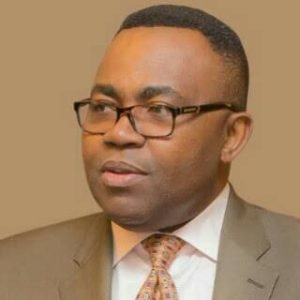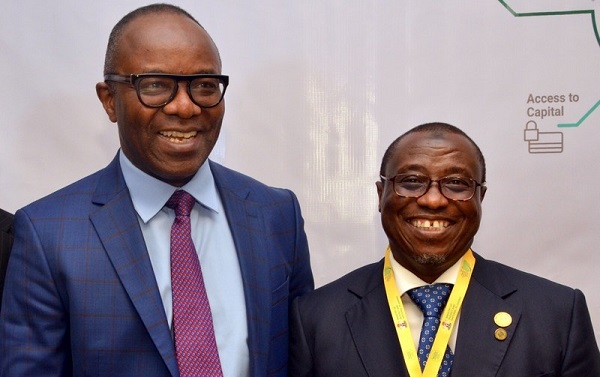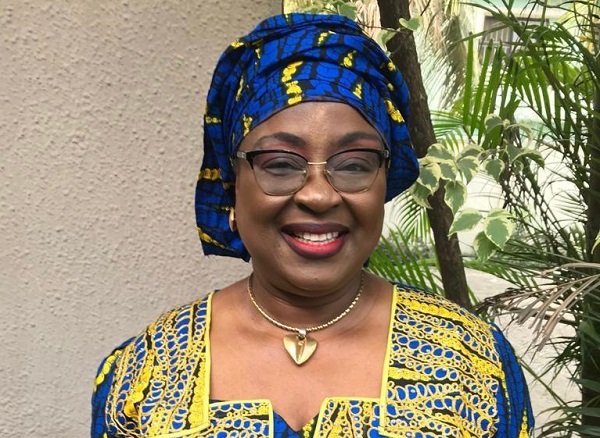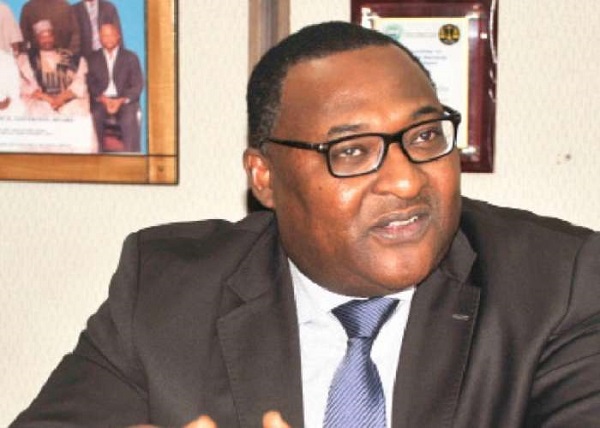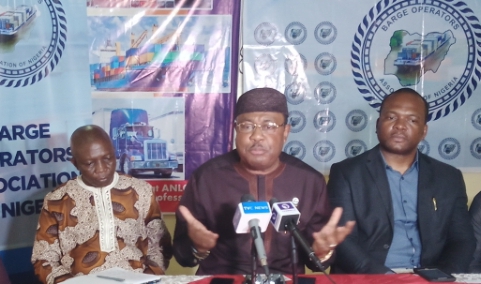NEWS LENS
Ship Acquisition: Ship Owners Need State Guarantees On Cargoes – Chamberlaine
Nigeria’s quest to grow indigenous capacity in ship ownership can be addressed with strategic state guarantees of cargoes for ship owners.
A financial expert, Dr. Chamberlaine Peterside stressed this during a recent interview with MaritimeTVNews.
According to Chamberlaine, the federal government should reserve certain cargoes for indigenous ship owners as part of efforts to grow local content.
His words: “This strategy would see the operators attract finances for vessel acquisition as they would be able to show their projected cash flow based on the reserved cargoes. You can call this an incentive programme but the incentive is in the set asides for indigenous ship owners. This is the normal practice in every country in the world. It is a strategic attempt to grow the local shipping industry.”
He stressed that when making such incentives, the government should be aware that the vessels don’t exist but the way to acquire them is through the projected cash flow that indigenous operators can develop when they are guaranteed cargoes.
“This practice, however, has to be encoded; otherwise the IOCs would insist that such operators only come forward when they have vessels. This is similar to the local content Act,” he added.
Noting that the development of the Train 7 project of Nigeria Liquefied Natural Gas (NLNG) producing company in Bonny already mapped out some businesses for indigenous players, he wondered why the same approach hasn’t been utilized in the maritime sector.
The finance expert also indentified the Cabotage Vessel Finance Fund (CVFF) as possible seed fund to create a maritime private equity fund.
“Why hasn’t the CVFF been disbursed over the years? For over 10 years, we have proposed a concept of using that fund to create a maritime private equity fund. The money in CVFF could be deployed as seed fund in the equity fund that would be privately managed. Any stakeholder interested in the fund could raise money and approach the private equity fund after raising his or her quota to finance the ship,” he said.
Meanwhile, Chamberlaine posited that unless the fund is efficiently and commercially managed, the money would be fettered away.
“The Minister of Transport has that ambivalence that if the fund is disbursed again, it may be abused. The government has to systematically manage these demands for guarantees because the rail sector, ports, power and everyone could start demanding guarantees for different ventures,” the fiscal expert stressed.
Following the uncertainty in the global oil and shipping market caused by the COVID-19 pandemic, he advised operators not to engage in any major capital raise campaign until the end of the year.
“I would rather advocate that they wait until it is clear where the market is heading and how the global economy is faring. Oil prices have rebounded, but the IOCs don’t feel comfortable to make key decisions. Therefore, the players have to watch before making huge investments even as some players are divesting from the sector.”
“I know that the deep offshore rigs are still working but we aren’t going to have those expansionary trends going forward and this is what benefits the maritime sector. Operators should watch out for the effects of the COVID-19 pandemic. There is serious effort to diversify from hydrocarbon around the world, indigenous players should find out how to fit into this development,” he added.


